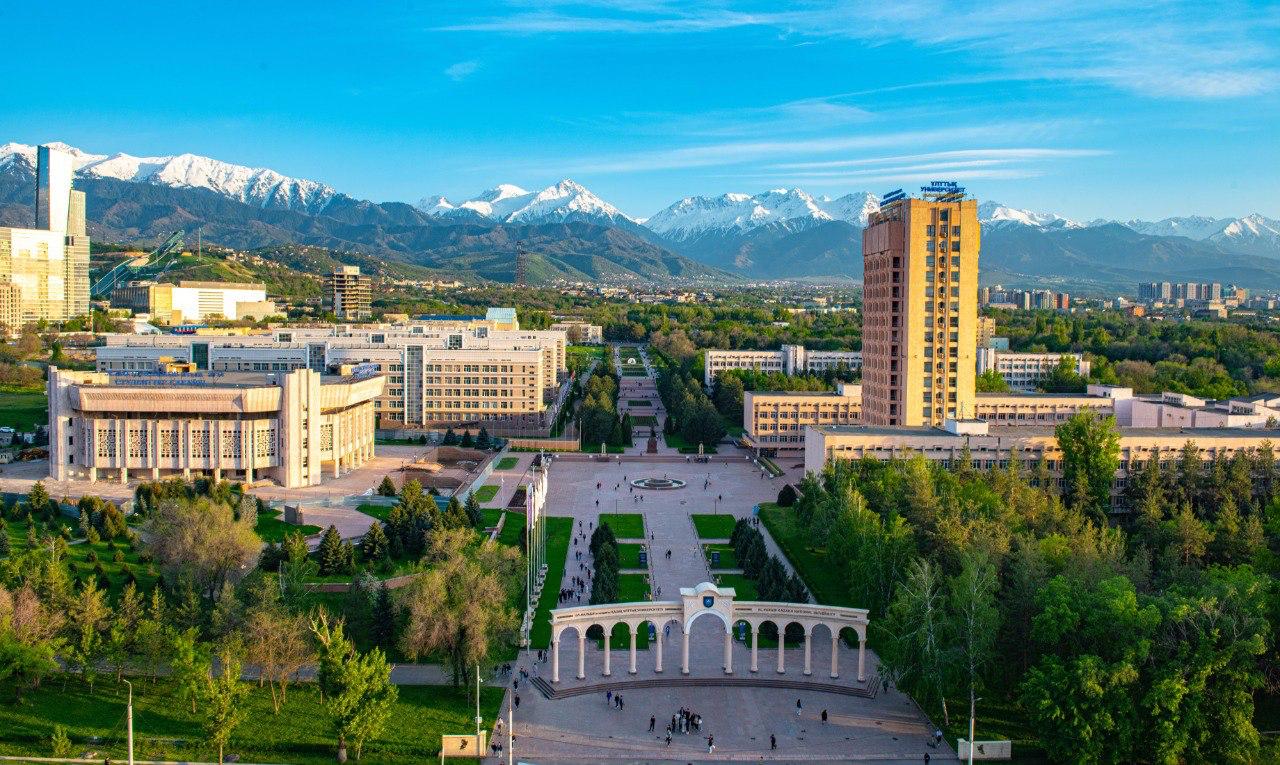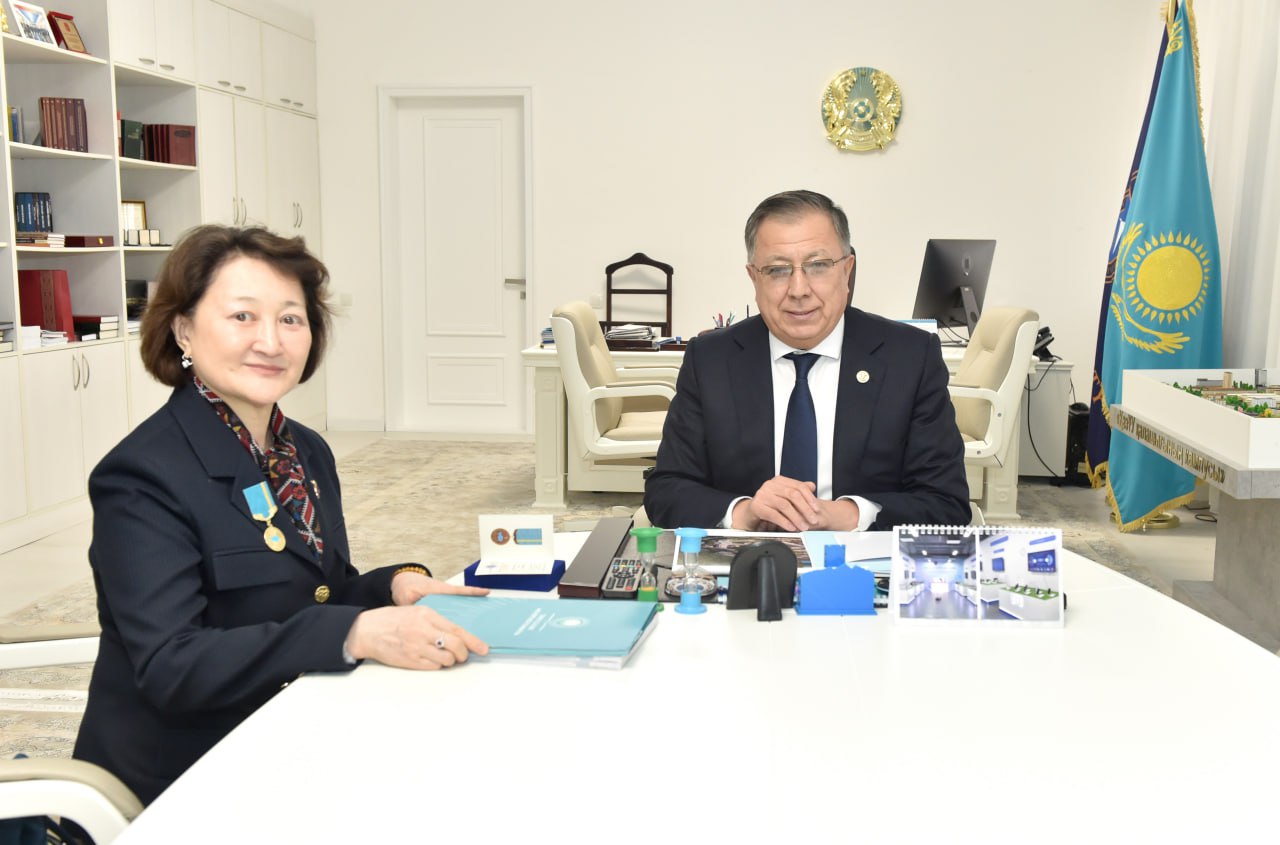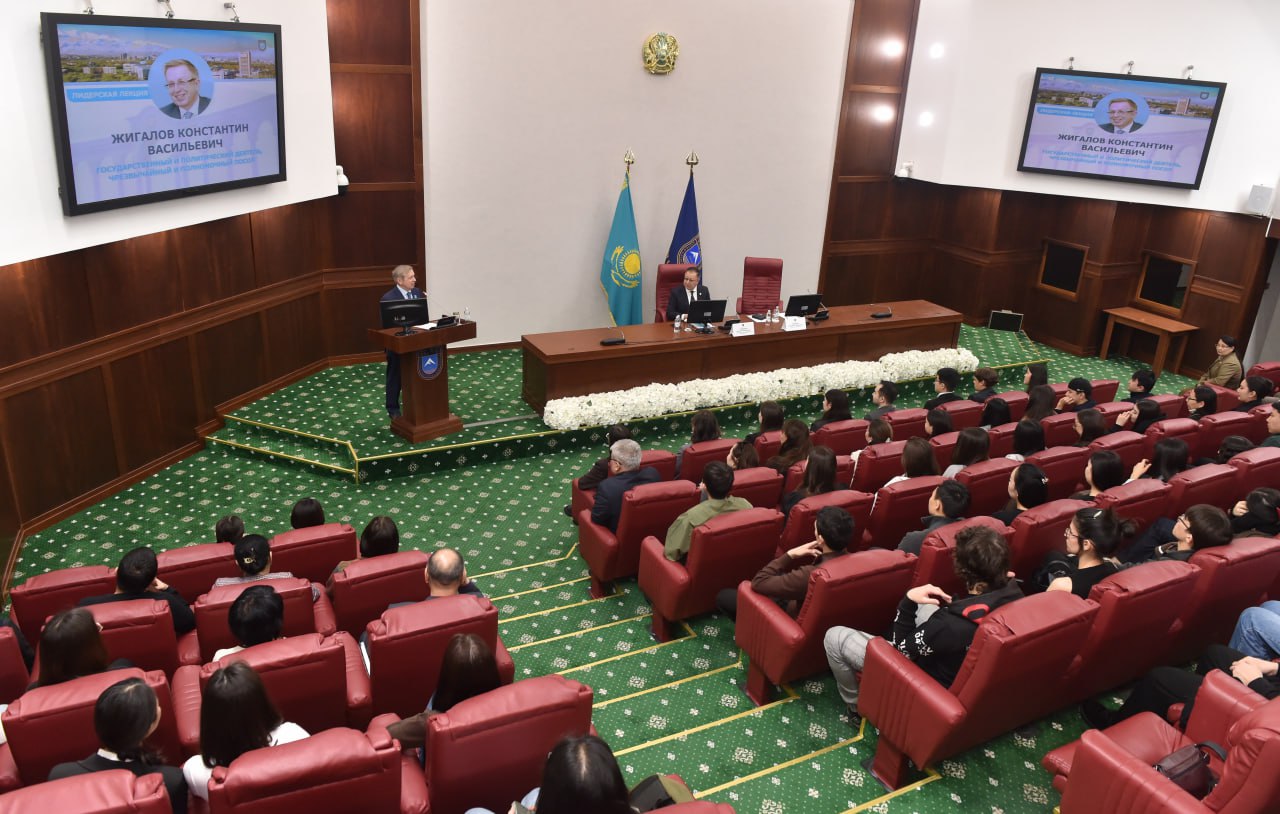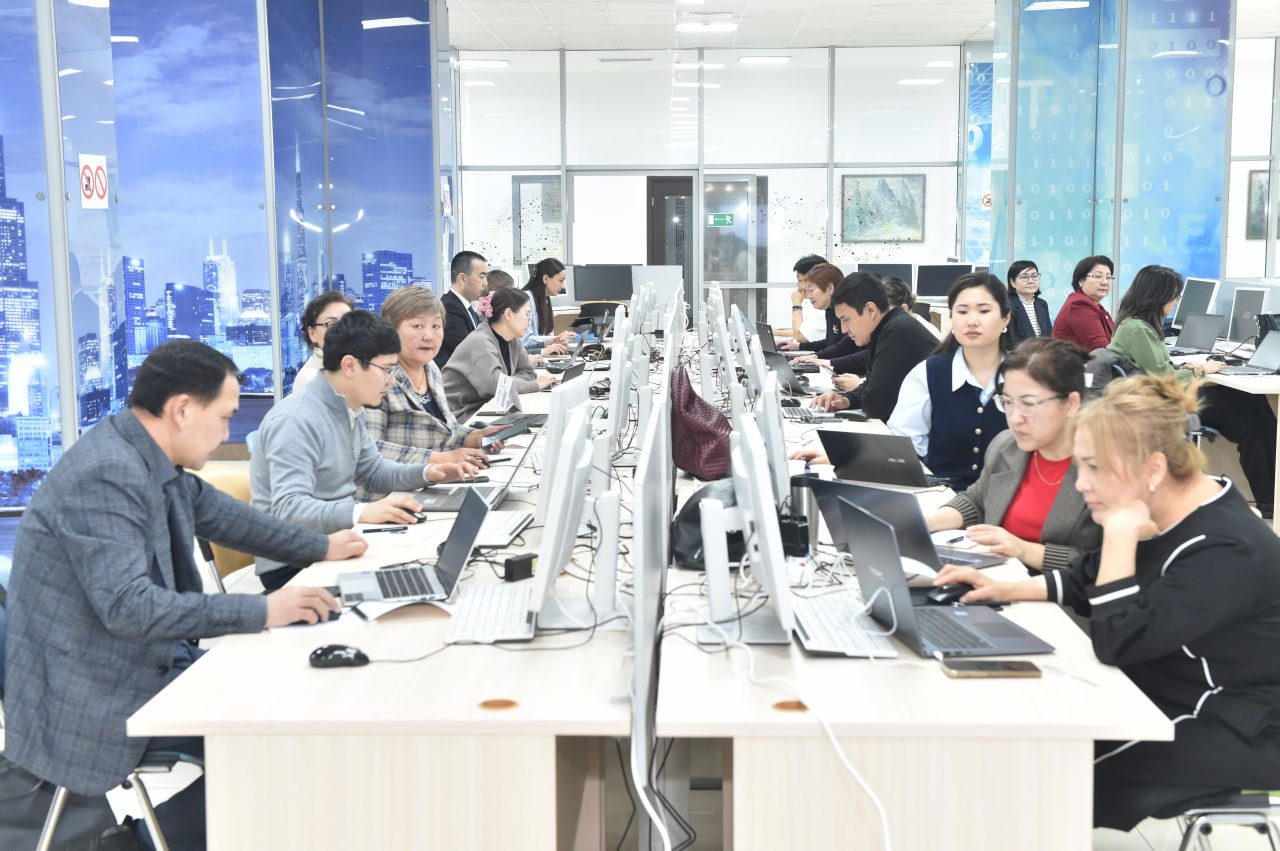SDG 4. Quality Education "MEETING WITH FOREIGN HISTORIANS"

A meeting was held with Professor Sarah Cameron of the University of Maryland (USA) and Associate Professor Ian Campbell of the University of California, who are in Kazakhstan for research work. The event was organized by the Scientific Center for Comparative Historical Research established under the Department of World History, Historiography, and Source Studies of the Faculty of History at Al-Farabi Kazakh National University.
Professor Sarah Cameron's field of study is Central Asia and the history of the Soviet Union. She is known for her scholarly work on the mass famine in Kazakhstan in the 1920s and 30s of the 20th century. The scholar's current research focus is on the problems of the history of the Aral Sea region. The other guest, Associate Professor Ian Campbell of the University of California (USA), specializes in the modern history of Kazakhstan and is the author of the monograph “Knowledge and the Edges of Empire. Kazakh Intermediaries and Russian Administration in the Steppe 1731-1931,” recently published in Russian.
The educational meeting, which was attended by historians, PhD doctoral candidates, master's students, and undergraduates from Kazakh National University and Abai University, was held in an interesting and free-flowing exchange of ideas.
Professor Gulzhaukhar Kokebayeva, Doctor of Historical Sciences and Head of the Center for Comparative Historical Research, reported on the guests' academic interests and published works. She emphasized that the meeting was organized to deepen scientific partnership among historians and to facilitate the scientific and methodological exchange of experience for young researchers.
The American scholars discussed how they came to research the problems of Kazakhstan's history. Sarah Cameron, who systematically studied the problem of the famine in Kazakhstan in the 1920s and 30s of the 20th century and published a special monograph, noted that Ukrainian publishers have shown interest in her work (published in Kazakh, Russian, and English) and are preparing it for publication. Sarah Cameron highly praised the work of domestic historians, particularly the demographer-scientist Makash Tatimov and Professor Talas Omarbekov, in studying the causes and consequences of the famine in Kazakhstan. She also noted that the topic is still not sufficiently studied. According to the scholar, there is now a prospect for interdisciplinary research on the famine, involving fields like epidemiology and genetics.
Professor Ian Campbell, who spoke next, explained the essence and impact on the Kazakh people of the administrative reforms conducted by the Russian authorities in the steppe regions of Kazakhstan and the Turkestan area.
The next part of the meeting was dedicated to questions from the attendees. Students showed keen interest in the American scholars' research findings, asking topical questions about education in the new period of Kazakhstan's history, educated Kazakhs in the Russian Empire's administrative system, the history of the famine in Soviet Kazakhstan, and the national policy of the Soviet system.
The American historians shared substantive analyses in response to the questions. Alibek Mereke, PhD and lecturer at the Faculty of Medicine of Al-Farabi Kazakh National University, who specially attended the meeting, shared his own research experience. He noted that Sarah Cameron's work was useful for his ongoing research on the impact of the famine in Kazakhstan on national health and intergenerational diseases. A. Mereke emphasized the crucial importance of the findings of research into the history of the famine in Kazakhstan for studies in epidemiology.
The meeting with the foreign scholars concluded with a Q&A session focused on mutual exchange of ideas and sharing of experience.
E.I. Stamshalov - Senior lecturer of the Department of World History, Historiography, and Source Studies.



